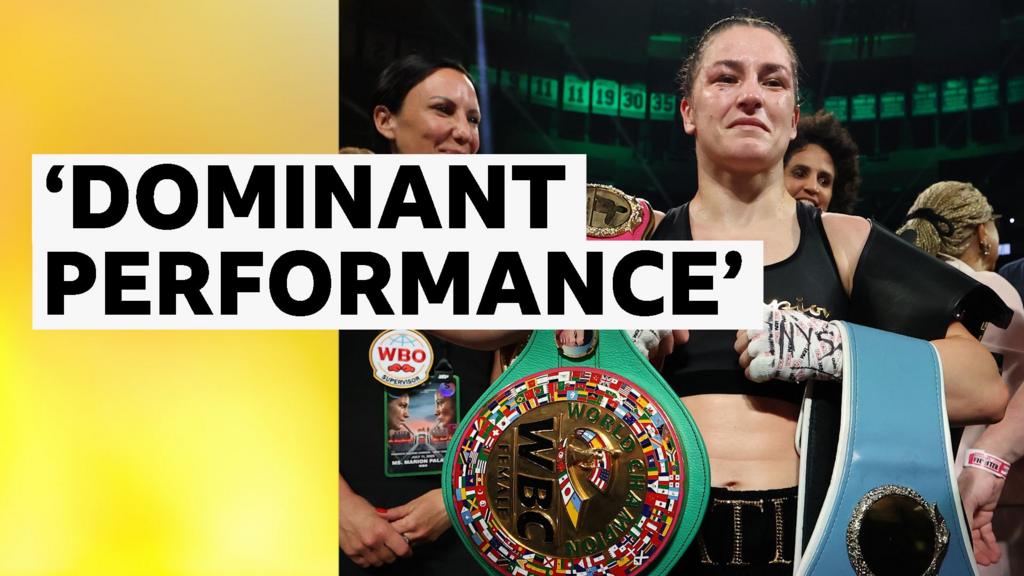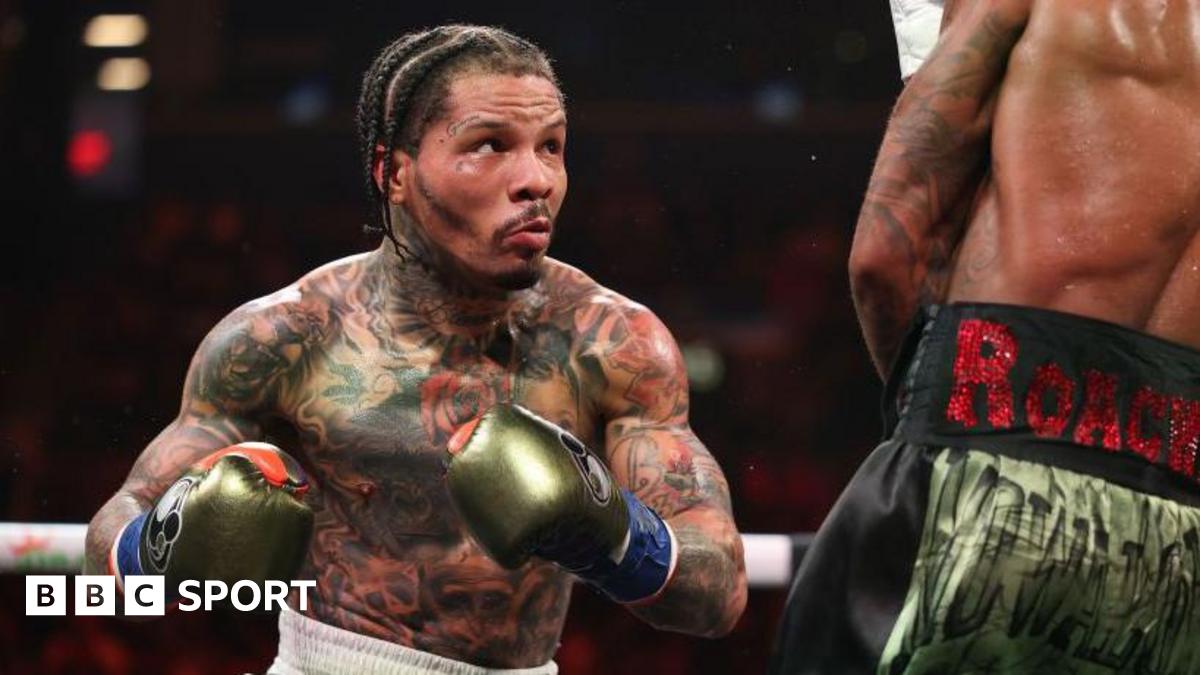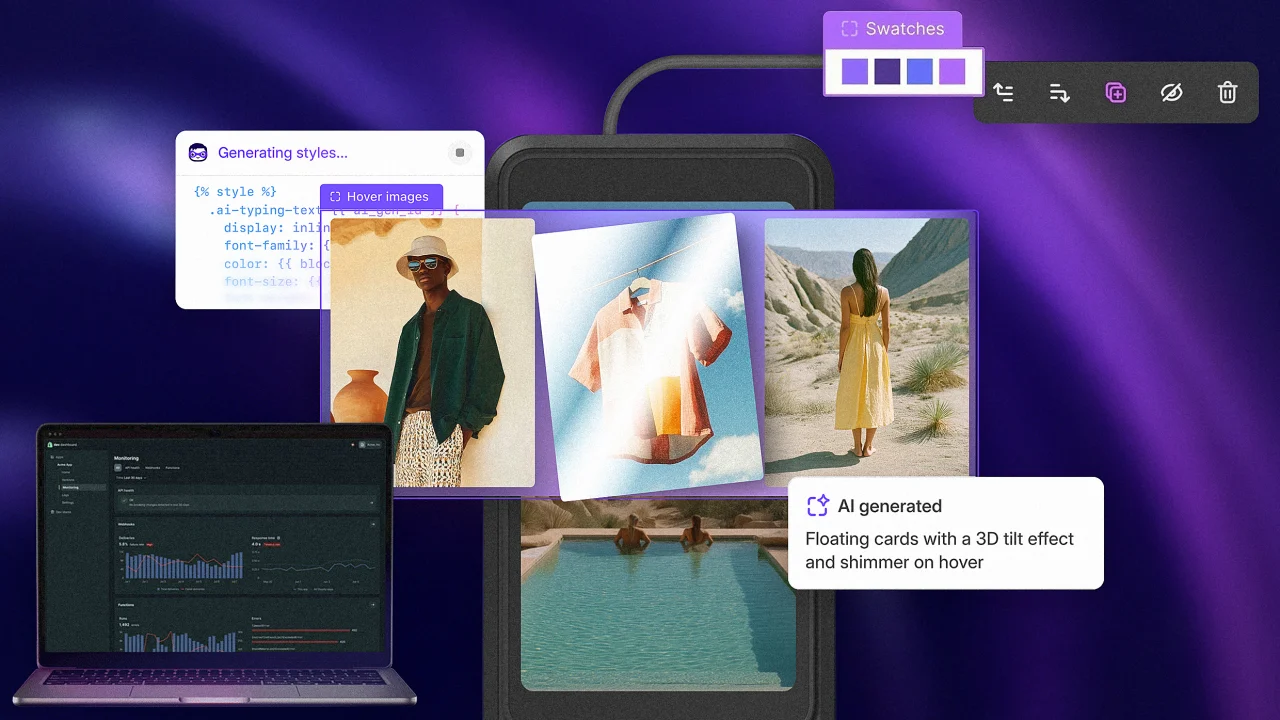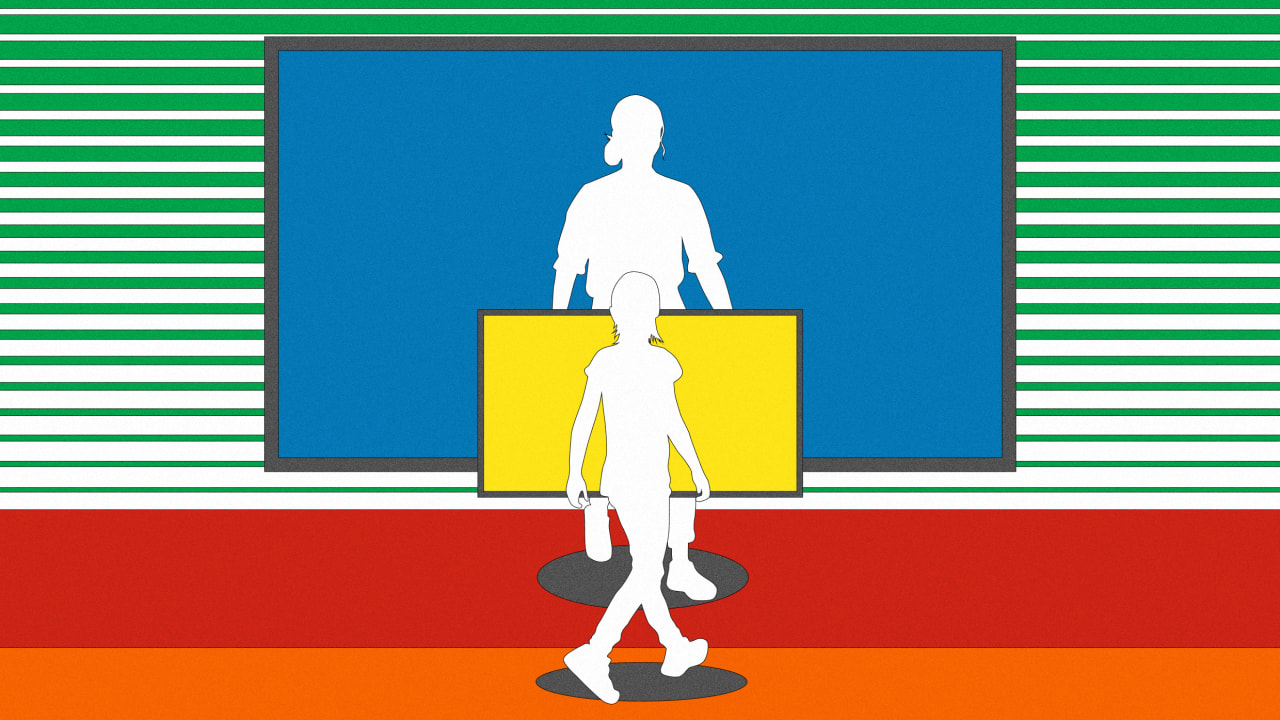3 ways any leader can develop more empathy

Sharon found me at the drinks event after my keynote, wine in hand with a hesitant smile. As a keynote speaker focused on empathy and leadership, I am often approached at the bar for tough conversations. “I was told by my boss to come to your talk,” she began, “because apparently I don’t have any empathy.”
She said it half as a joke, half as a confession. We both laughed, but I could tell there was something deeper to what she was saying. A mix of defensiveness, concern, and curiosity. By her own description, Sharon was a passionate and experienced but hardened leader. As she described her perception in the workplace, I detected resignation in her voice—like she was missing this capacity called empathy, as if it were an innate quality you either possess or not.
But empathy isn’t an innate quality. It’s a skill that can be honed. And it’s not about being nice—it’s about being effective.
Empathy is the ability to understand others—recognizing what drives people and how they’re affected by our decisions. It’s not soft; it’s strategic. Because when we understand the impact we have on others, we can build trust, create commitment, and lead people.
Empathetic leadership: Avoiding assumptions and reactions
Empathy doesn’t always come naturally. Human brains are incredibly complex and use shortcuts (mental models built from our experiences) to navigate the world efficiently. These models are learned and embedded; they become our traits. We use these to judge quickly, often habitually reacting without seeking to understand.
Leading with empathy requires us to have humility in complex situations—seeking to understand and be strategic instead of using assumptions and quick reactions.
That’s why I teach people to be consciously curious. It’s the practice of slowing down our judgments, letting go of the need for instant certainty, and asking better questions to explore. Assumptions might work fast, but we need more than speed. Here’s how to do it.
3 simple tips to lead with empathy
Ask “What else?” The first thing any leader can do is to ask themselves “What else could be going on here?” Our impulsive brains like to look for a pattern, make a connection, and react quickly. But genuinely asking yourself this question can force you into more exploration, and that’s crucial in the often new and highly complex situations leaders face.
When someone makes a snide remark, you might assume they’re being unkind. But perhaps something else is going on. Maybe they are frustrated by a process, angry with a peer, fearful of being dismissed, or lack the communication skills to express themselves in a more effective way. If you aren’t sure what the driver is, it can be challenging to respond empathetically. Asking yourself the question can help you slow down and find out what’s really at play first.
Disagree without being disagreeable. In today’s combative world, we often react to opposing views with defensiveness or hostility. Many people avoid and discourage disagreement because to them conflict violates hierarchical structures. But differing opinions are not an annoyance—they’re essential for diverse teams to face unprecedented challenges. We need to disagree.
Empathy helps us stay curious, even amid the complexity and uncertainty of arguments. Instead of proving others wrong, empathic leaders lean in to explore alternative perspectives. Mastering the art of respectful disagreement means managing ourselves first, creating space for conversation, exploration, and understanding. This leads to better decisions.
Practice the art of shutting up. While there are many techniques available to build empathy into your leadership, one of the simplest to accept and hardest to master is being quiet. Silence can be a powerful tool in deepening understanding. The most skilled interviewers and negotiators know that a tough question isn’t always the key to communication; often, it is the willingness to wait in the uncertainty and allow others to reveal themselves.
We’ve all been in meetings where things were left unsaid because we were too busy or too noisy, and everyone was left worse off because of it. In leadership and life, silence is an invitation to go deeper. When we resist the urge to fill the gaps, we create space for others to expand. Mastering the art of listening not to respond but to truly discover unlocks trust, insight, and connection. It helps people share more and be more engaged.
Empathy leads with curiosity, not answers. It values understanding over speed and commitment over compliance. And anyone can learn these skills to lead with empathy.
What's Your Reaction?
 Like
0
Like
0
 Dislike
0
Dislike
0
 Love
0
Love
0
 Funny
0
Funny
0
 Angry
0
Angry
0
 Sad
0
Sad
0
 Wow
0
Wow
0



.jpg?width=1200&auto=webp&trim=0,0,0,0#)























































































